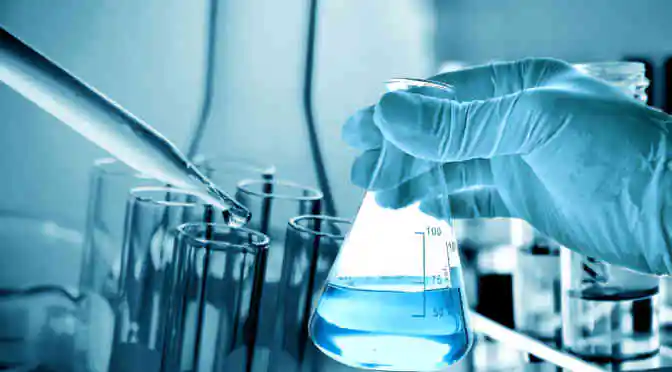In early March, Dunkin’ Donuts succumbed to pressure from activist group As You Sow, and agreed to phase out the use of titanium dioxide (a common whitening agent) in the powdered sugar that tops a lot of their doughnuts.
As You Sow took up the fight against the doughnut chain amidst claims that titanium dioxide is a nanomaterial with potentially toxic properties.
The move by Dunkin’ Donuts to remove the substance from its food is pretty indicative of the widespread distrust that exists when it comes to nanotechnology.
In a recent Chemistry World article, Elinor Hughes elaborates on some of the contradictions that mark the field of nanotech.
“Nanoparticles – particles in the 1–100nm range – have unique properties compared to their larger counterparts such as the ability to squeeze into spaces inaccessible to larger particles. But with the research still in its infancy, their long-term effects on human health and the environment remain poorly understood.”
Hughes succinctly sums up the major issue currently plaguing the titanium dioxide nanomaterials market—lack of understanding, and big concerns over the health impact.
Health concerns aren’t enough to totally curtail titanium dioxide use
According to Technavio analysts, although titanium dioxide has been categorized as a toxic material and studies have shown that high intake is harmful to humans, the full effects of the substance are still under assessment.
This uncertainty surrounding the safety of these products should make consumers and producers alike shrink away from titanium dioxide nanomaterials—but it’s not. In fact, the market is expected to grow at a CAGR of 12.02% from 2014-2019.
A big reason for this is that (despite concerns), titanium dioxide nanomaterials are cheap and easy to make. They are used as pigments and thickener in many personal care products, as a pigment in paints and coatings, and in the production of solar cells in the energy sector. They can also degrade some types of pollutants, they are also being used to reduce atmospheric nitrous emissions through selective catalytic reduction systems.
So while consumers might want to steer clear of Dunkin’ Donuts until they’ve removed the substance from their sugar, titanium dioxide nanomaterials tend to be much more common in products that we put on our bodies, rather than in them.
Massive demand from sun care product manufacturers boosting market growth
Traditionally, sun care product manufacturers used titanium-based microparticles to increase the consistency and viscosity of their products. However, these products were difficult to apply, not user friendly, and tended to cause skin irritation, which led manufacturers to shift to titanium dioxide nanomaterials.
Nanomaterial-based products are easy to use, have better consistency, and provide superior UV-protection compared to their older counterparts. Because of this, their use in the skincare industry has increased significantly in recent years, which will significantly impact the overall market growth through the projected period.



